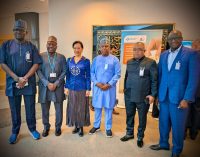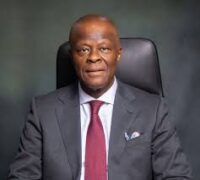The Federal Capital Territory chapter of National Association of Resident Doctors (NARD), on Friday suspended its indefinite strike and confirmed that members will return to work on Monday at 8 a.m.
The President of the association, Dr George Ebong, who made the announcement during an interview with an online medium on Friday, explained that the decision to temporarily halt the strike followed interventions from the Senate.
Ebong, however added that that none of the doctors’ demands have been met so far.
The doctors had embarked on the warning strike last Monday to press home their demands after months of unresolved negotiations with the FCTA.
The doctors are demanding the payment of salary arrears ranging from one to six months, owed to members employed since 2023. They also want the immediate recruitment of new staff, settlement of the 2025 Medical Residency Training Fund, and payment of arrears arising from the 25–35 per cent upward review of the Consolidated Medical Salary Structure.
In addition, they are asking for clear timelines for completing skipping and conversion processes for all members, along with the settlement of all accumulated arrears. They further called on the FCTA to address continuous erroneous deductions from members’ salaries and to rectify the irregular and erratic salary payment pattern.
Other demands include payment of wage award arrears, renovation and equipping of FCTA hospitals to world-class standards, payment of outstanding hazard allowance arrears, and settlement of salary arrears owed to newly employed external residents who are currently owed three to four months’ pay.
“We are suspending the strike to begin work at 8 a.m. Monday morning.
“The Senate Committee on Federal Territory Area Councils and Ancillary Matters, chaired by David Jimkuta, intervened. Even though none of our demands have been met yet, they assured us that they will talk to the minister, and the Congress has decided to believe what the Senate has said. We also appreciate the Minister of the FCT, Nyesom Wike, for his interventions.
“The Congress will reassemble to reassess the interventions within the agreed timeframe, and if nothing is done, the Congress will take the next line of action,” Dr Ebong stated.










